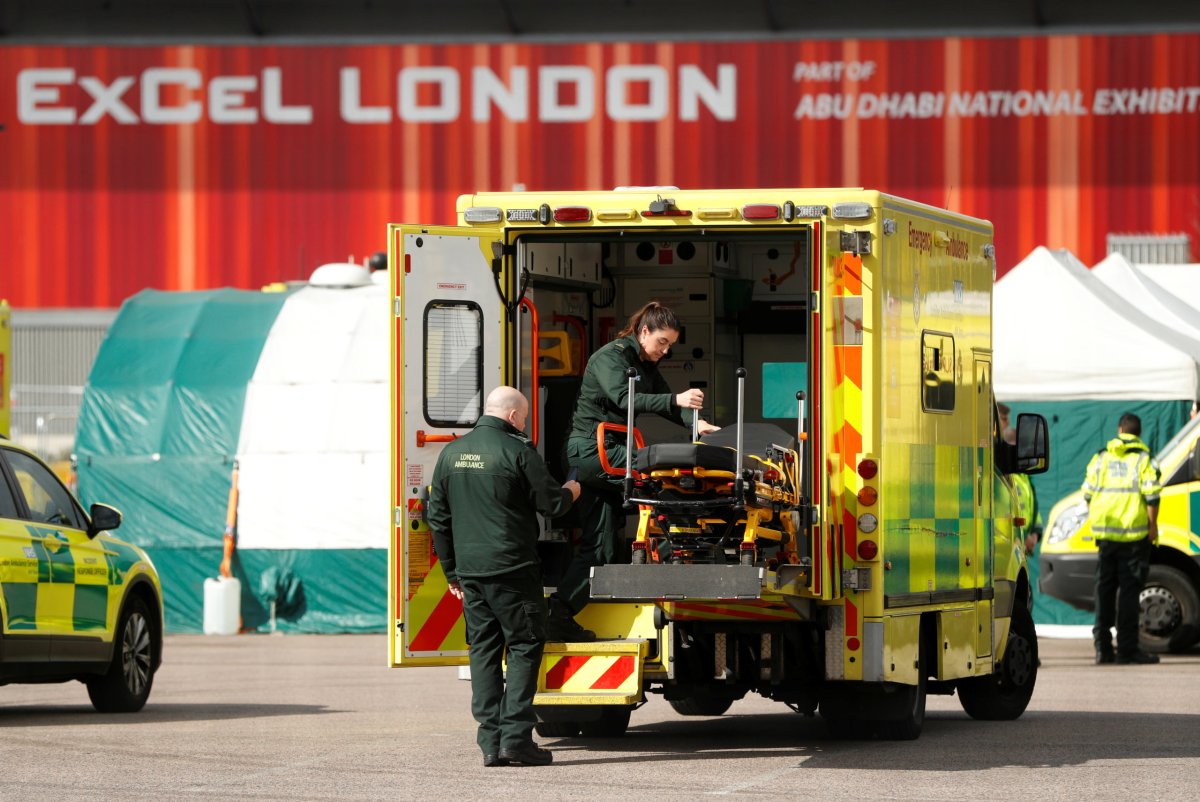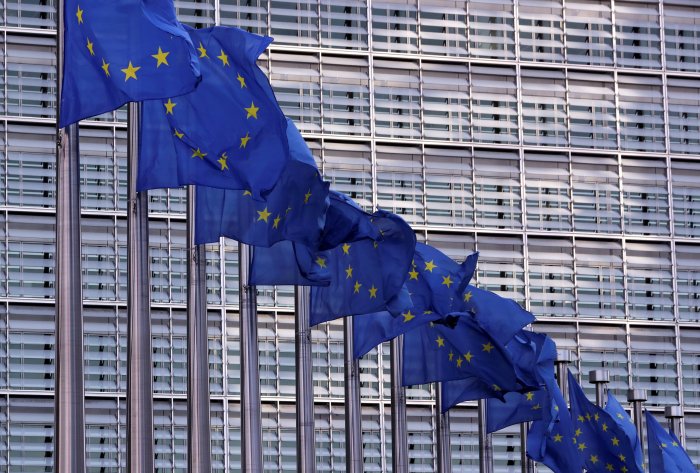LONDON (Reuters) – The British government’s worst case scenario envisages a coronavirus death toll of 50,000 if self isolation is not fully adhered to, but the United Kingdom is not right now on course for a toll of that scale, a source familiar with the government’s emergency discussions said.
According to the source, who spoke on condition of anonymity due to the sensitivity of the issue, the worst day for deaths is projected to be April 12, which this year is Easter Sunday.
The worst case death toll would be based on partial adherence to quarantine by the population at a level of about 50%, according to the government scenario, the source said.
A so-called “good” outcome in the circumstances would be a death toll of fewer than 20,000 in the United Kingdom, according to the source. A Downing Street spokeswoman declined immediate comment.
“Sadly the coronavirus continues to grow,” Health Secretary Matt Hancock said. “The best scientific analysis is that the rate of infection has been doubling every three to four days.”
The United Kingdom’s coronavirus death toll rose 24 percent in one day to 2,921, as of April 1. As of 0800 GMT on April 2, a total of 163,194 people had been tested of which 33,718 tested positive, the British health ministry said.
Stephen Powis, the national medical director of National Health Service England, said at a Downing Street briefing on Thursday that a high death rate would continue to be seen for “a few weeks yet”.
“There are still reasons to be hopeful,” Powis said. “We do see early academic evidence that the transmission rate in the community may have fallen below 1.”
Powis said on Sunday that the United Kingdom would be doing well if it kept the coronavirus death toll below 20,000.
According to a study by Imperial College last month, if no measures had been taken by governments then the outbreak would have caused more than half a million deaths in Britain and 2.2 million in the United States.
Global coronavirus deaths topped 50,200 on Thursday as the pandemic ravages the United States and Europe, according to a tally by Johns Hopkins University.
(Reporting by Guy Faulconbridge; Editing by Jon Boyle and Elaine Hardcastle)

























